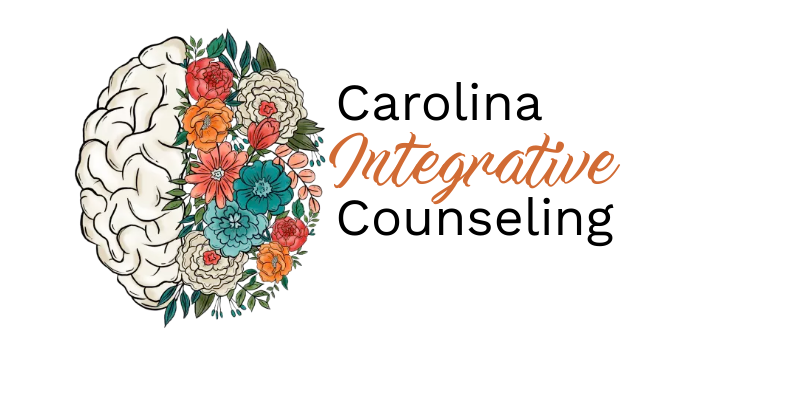Social Media and Mental Health: Navigating the Impact
In today's digital age, social media has become an integral part of our daily lives. From connecting with friends and family to accessing a wealth of information, social media platforms offer a myriad of benefits. However, alongside its advantages, there's a growing concern about the impact of social media on mental health. Let's delve into this complex topic and explore strategies for maintaining a healthy relationship with social media.
Understanding the Impact
Social media can influence mental health in various ways:
Comparison and Self-Esteem: Constant exposure to curated and often idealized versions of others' lives can lead to feelings of inadequacy and lower self-esteem. Comparing oneself to unrealistic standards portrayed on social media can contribute to anxiety and depression.
Fear of Missing Out (FOMO): The fear of missing out on exciting events or experiences shared by others can generate anxiety and a sense of isolation, especially among younger users.
Cyberbullying: Social media platforms can be breeding grounds for cyberbullying, leading to increased stress, anxiety, and even trauma for victims.
Sleep Disruption: Excessive use of social media, particularly before bedtime, can disrupt sleep patterns, leading to fatigue and negatively impacting mental well-being.
Coping Strategies
Mindful Consumption: Be mindful of your social media consumption. Limit the time spent scrolling through feeds and consider unfollowing accounts that trigger negative emotions.
Set Boundaries: Establish boundaries by designating specific times for social media usage. Create tech-free zones, especially during meals and before bedtime, to promote relaxation and better sleep.
Cultivate Real-Life Connections: Prioritize face-to-face interactions and cultivate meaningful relationships offline. Engage in activities that bring joy and fulfillment beyond the digital realm.
Practice Self-Compassion: Recognize that social media presents a curated version of reality. Practice self-compassion and focus on your strengths and achievements rather than comparing yourself to others.
Seek Support: If social media usage significantly impacts your mental well-being, consider seeking support from a mental health professional. Therapy can provide valuable tools and strategies to navigate digital landscapes effectively.
Embracing Balance
While social media can offer valuable connections and opportunities, maintaining a healthy balance is key to safeguarding mental health. By adopting mindful consumption practices, setting boundaries, prioritizing real-life connections, practicing self-compassion, and seeking support when needed, individuals can navigate the digital world with resilience and well-being.
Remember, your mental health matters, both online and offline. Let's embrace a balanced approach to social media usage and prioritize self-care in our digital journeys.


